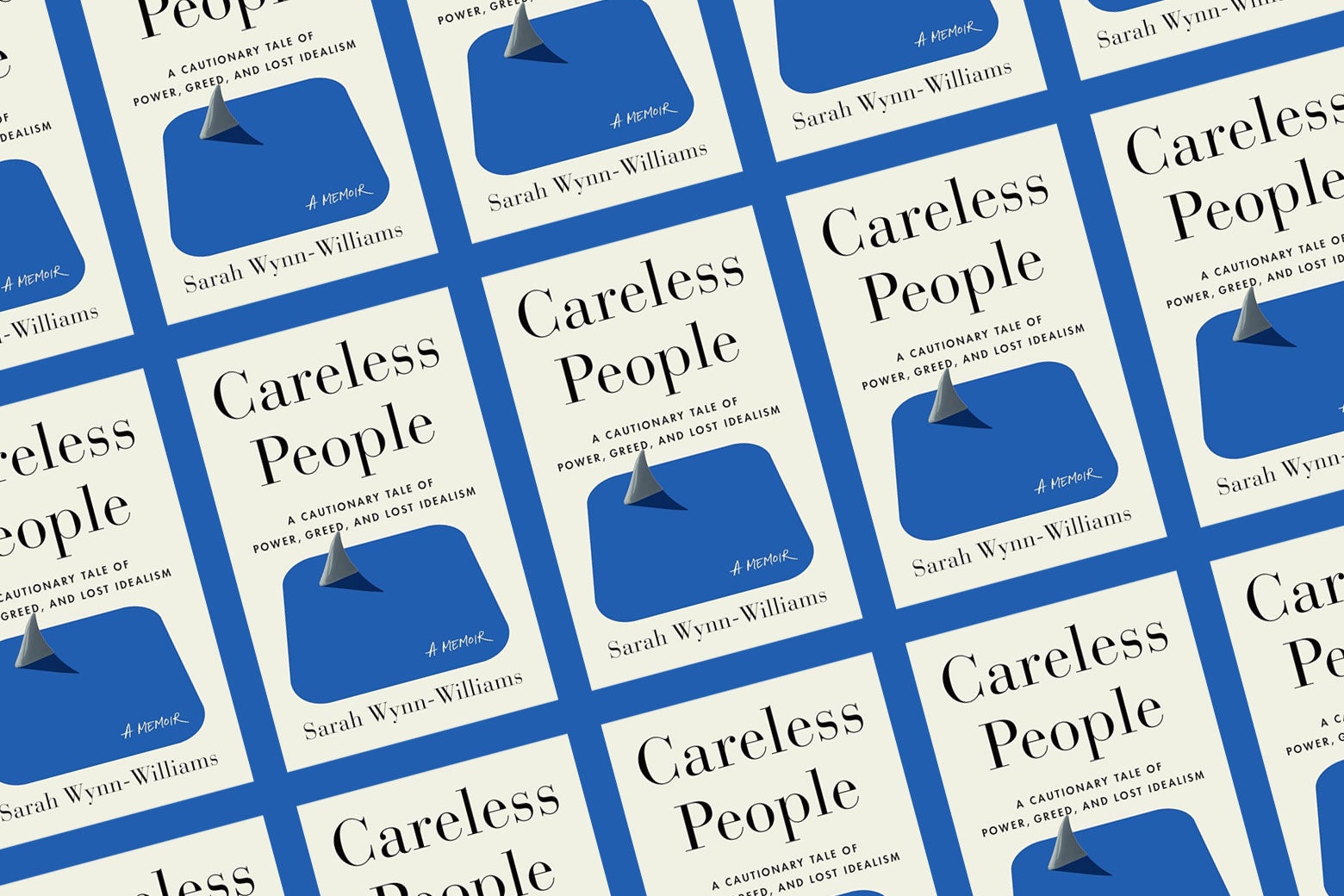
We Read the Book Mark Zuckerberg Doesn’t Want You to Read. We Can See Why.
- 19.03.2025 18:18
- slate.com
- Keywords: Meta, Facebook
Sarah Wynn-Williams' memoir Careless People exposes scandals and flaws of Facebook executives, including Mark Zuckerberg and Sheryl Sandberg, while detailing her experiences at the company. Despite Meta's efforts to suppress the book through legal actions, it gained attention and sales, highlighting the tech giant's influence and sparking debates about its impact on global politics.